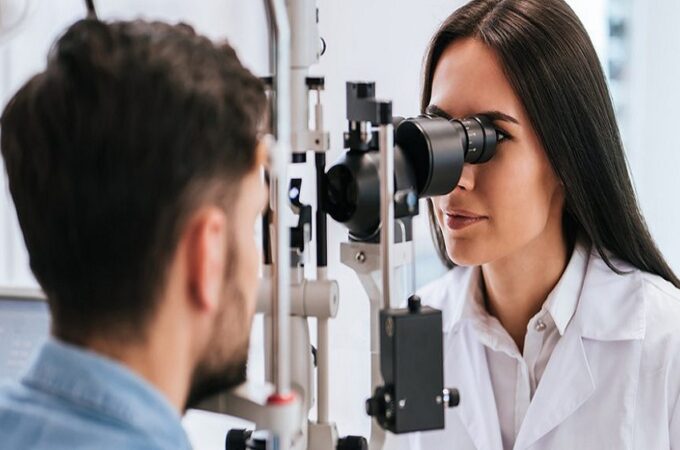
Decoding Eye Twitches and Spasms: A Closer Look at Your Eye Health
Have you ever experienced a sudden, involuntary movement in your eyelid? That’s an eye twitch, also known as an eye spasm. While it can be a bit unnerving, it’s usually harmless. However, understanding what causes these twitches and when they might signal a more serious issue is key to maintaining good eye health.
What are Eye Twitches and Spasms?
Eye twitches, or myokymia, are repetitive, involuntary spasms of the eyelid muscles. They typically occur in the upper lid, but they can also happen in both lids. These spasms are usually mild and feel like a gentle tug on your eyelid. They may come and go over a period of days, and then disappear on their own.
When Can Eye Twitches Be Dangerous?
While most eye twitches are harmless and temporary, they can occasionally be a sign of a more serious condition. If the twitching doesn’t go away within a week, or it’s accompanied by other symptoms like redness, swelling, or discharge from the eye, it’s time to consult your doctor.
In rare cases, eye twitches can be a symptom of neurological conditions that can make eyelid muscles contract, such as blepharospasm and hemifacial spasm.These conditions are usually accompanied by other symptoms, so an isolated eye twitch is typically not a cause for concern.
What Causes Eye Spasms?
Eye spasms can be triggered by a variety of factors. Stress and fatigue are common culprits, as are caffeine, alcohol, and tobacco. Eye strain, particularly from digital device use, can also lead to twitching, as can dry eyes, allergies, and poor nutrition.
Stress and Fatigue
Stress is a significant factor that can lead to muscle tension, including the muscles around the eyes. When the body is under stress, it releases certain hormones that can cause your eyelid to twitch. Similarly, fatigue, especially when it’s due to insufficient sleep, can cause the muscles in your eyelids to spasm as they struggle to function normally.
Caffeine, Alcohol, and Tobacco
Stimulants like caffeine and certain drugs can cause your eyelids to twitch. If you consume a lot of coffee, tea, or energy drinks, you might notice an increase in eye spasms. Alcohol and tobacco can also affect your muscles, leading to eye twitches. Reducing or eliminating these substances can help alleviate the symptoms.
Eye Strain
In today’s digital age, many of us spend hours staring at computer screens, smartphones, and tablets. This can lead to digital eye strain, which often manifests as eye twitching. Taking regular breaks using the 20-20-20 rule (every 20 minutes, look at something 20 feet away for 20 seconds) can help reduce eye strain.
Dry Eyes
Dry eyes are a common condition, particularly as you age or if you use digital devices frequently. Dry eyes can lead to irritation and twitching of the eyelids. Using lubricating eye drops or making lifestyle changes to reduce screen time can help manage dry eyes
The Importance of Regular Eye Exams
Regular eye exams are crucial for maintaining eye health and catching any potential issues early. During a comprehensive eye exam, your eye doctor can check for signs of eye strain and other conditions that might be causing your eye twitches. They can also provide advice on how to reduce eye strain and manage stress, which can help prevent future twitches.
Consult Your Doctor
If you’re experiencing persistent eye twitches, it’s important to consult your doctor. They can help determine if the twitching is a symptom of a more serious condition and guide you on the appropriate treatment. Remember, while eye twitches are usually harmless, they can sometimes be a sign that your body needs a bit more care.

